In the immediate aftermath of the 2014 independence referendum, two remarkable things happened in Scottish politics.
First, the SNP consolidated its position as the largest party. The overwhelming majority of those who had voted Yes to breaking up the United Kingdom lined up behind the nationalists. The SNP may have failed to win the constitutional argument, but they became electorally unbeatable.
The second, and more remarkable, consequence of the referendum campaign was that new life was breathed into the Scottish Conservatives.
For decades, successive leaders of the party had been engaged in the process of managing decline, concentrating their efforts on minimising the size of electoral defeats, occasionally scooshing a bit of Febreze in order to mask the unmistakable whiff of decay.
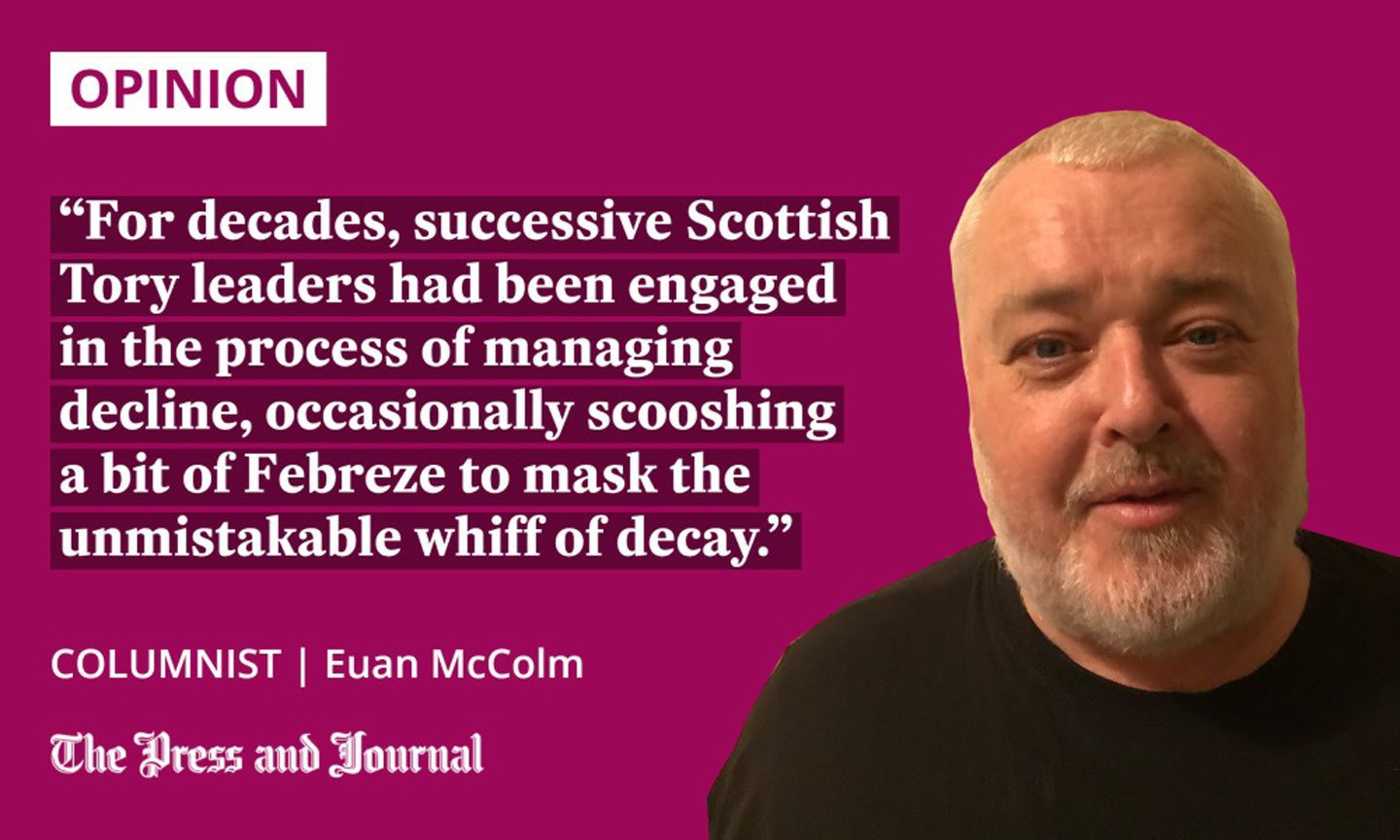
Suddenly the Tories – for decades the bogeymen of Scottish politics – were a viable force again. Former leader Ruth Davidson took the party to second place in the 2016 Holyrood election, pushing Labour – once the seemingly unshakeable, dominant force in Scottish politics – into a humiliating third.
But, what looked like a stunning revival may be nothing more than a blip.
Who knew someone could be worse than Boris?
A new poll, carried out by Savanta ComRes and published on Wednesday, suggests that the Scottish Conservatives – now supported by just 15% of voters – would be annihilated if there were to be an election tomorrow.
Current leader, Douglas Ross, and Scottish Secretary Alister Jack would both be out on their backsides. And the beneficiaries would be Labour and the SNP.
When Boris Johnson became prime minister in 2019, many political commentators – myself included – reckoned nobody could do more damage to the Tory brand in Scotland than he. Johnson’s replacement in Downing Street, Liz Truss, has – in just a month in charge – shown that she is more than up to that particular challenge.
The catastrophic consequences of her chancellor Kwasi Kwarteng’s “mini-budget”, which sent the value of the pound plummeting and forced the Bank of England to intervene to save people’s pensions, make one long for the predictable misery of the Johnson era.
Constitutional question is not so straightforward these days
Ruth Davidson made the Tories a serious force in Scotland after years of irrelevance, by selling them as the party of No voters. While Labour was all over the place on the constitution, the Tories were quite clear – if you thought the break-up of the UK would be a mistake, they were on your side.
The SNP argument that only independence can rid Scotland of the Conservatives is starting to look rather dated
But the constitutional question is not so straightforward, these days. With Tory support slumping and Keir Starmer’s Labour on the rise, the SNP argument that only independence can rid Scotland of the Conservatives is starting to look rather dated.
Wipeout for the Scottish Tories wouldn’t just be bad news for Douglas Ross, it would also weaken First Minister Nicola Sturgeon’s case for another independence referendum.
Euan McColm is a regular columnist for various Scottish newspapers

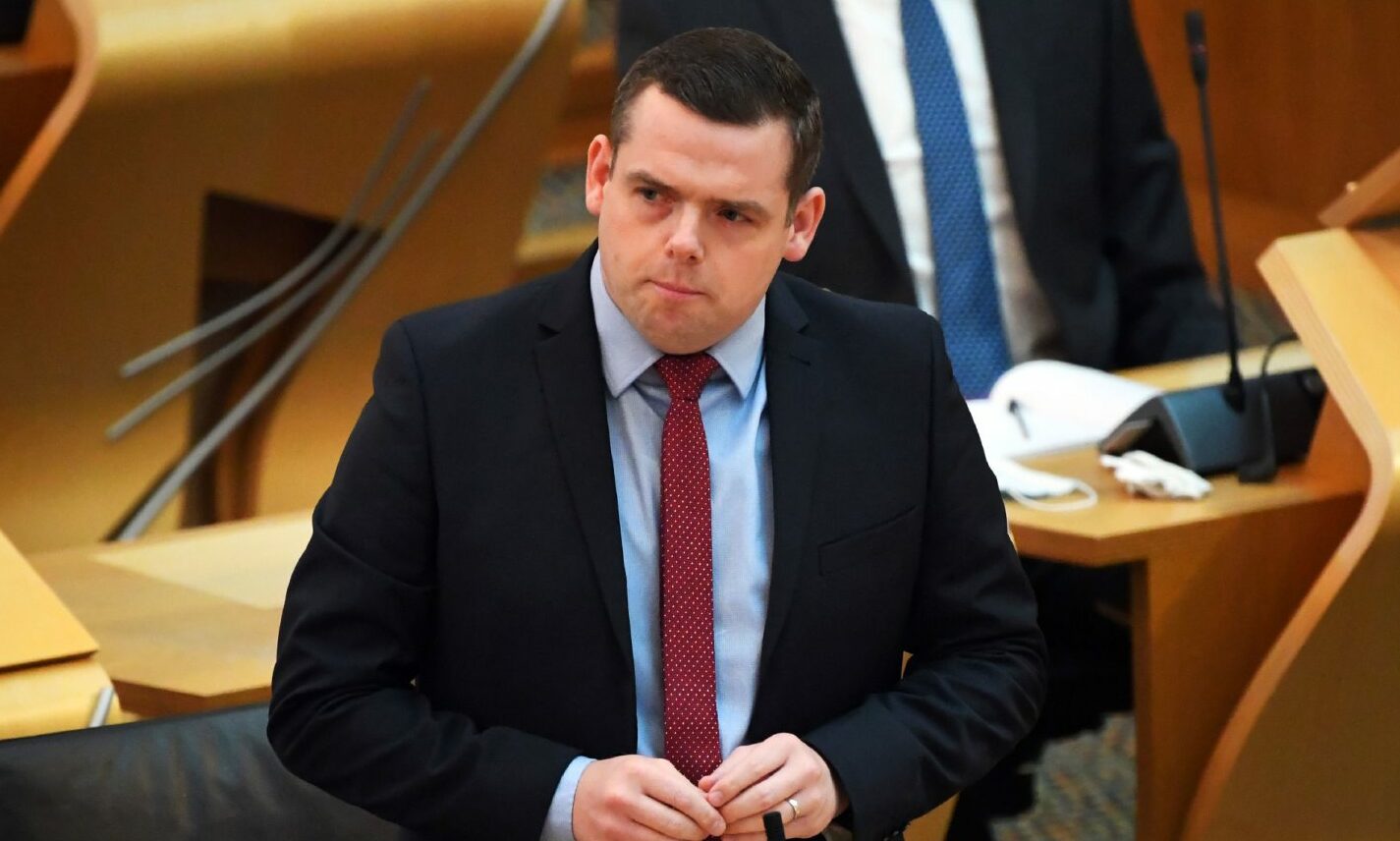
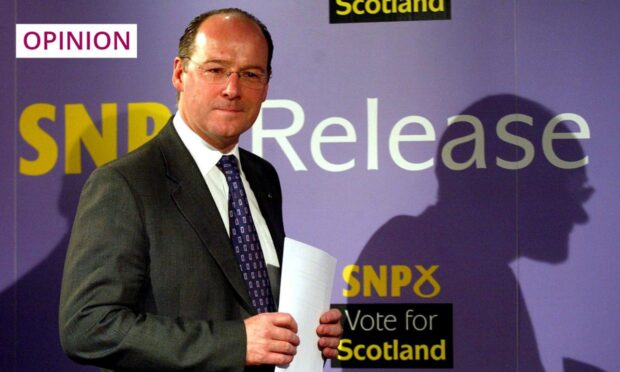
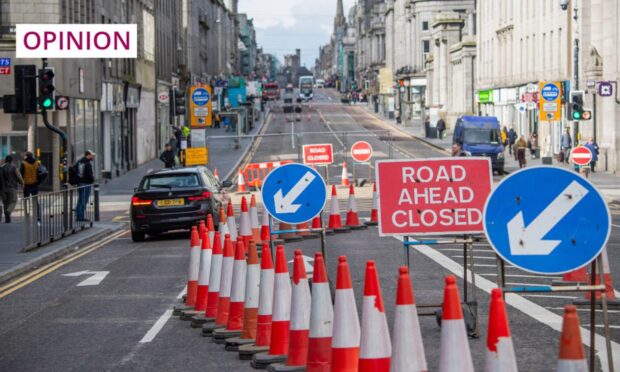
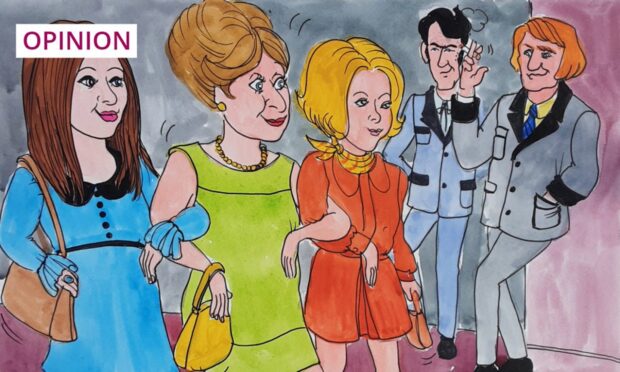


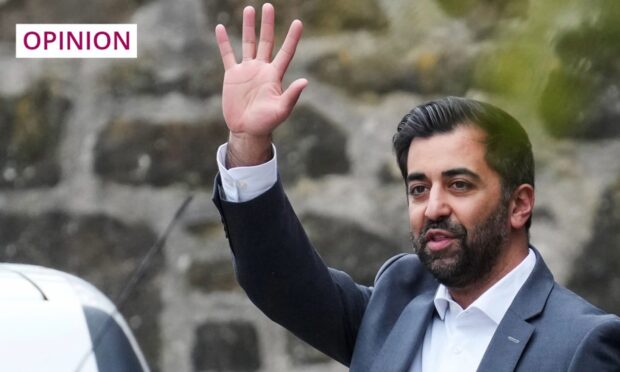




Conversation